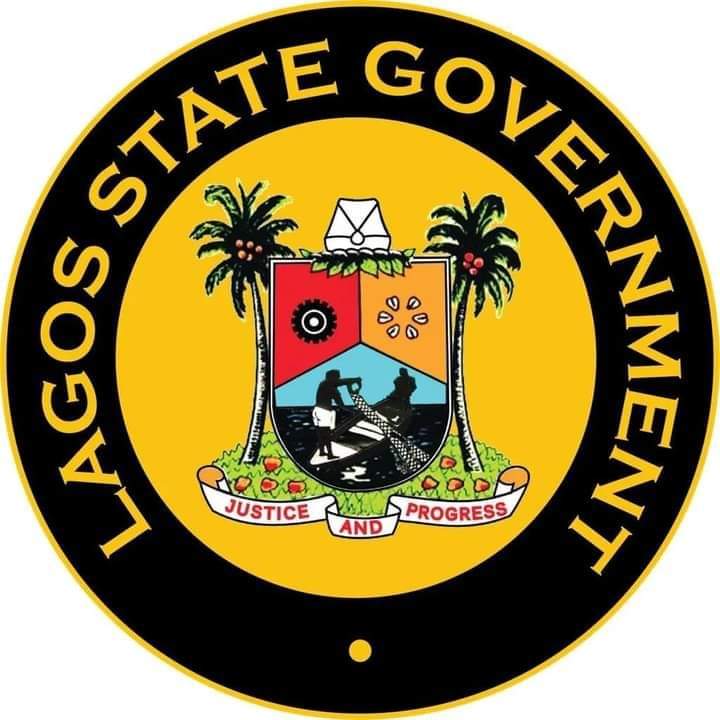Paragraph 1: The Problem of Illegal Parking in Lagos
Lagos, Nigeria’s bustling commercial hub, faces a persistent challenge of illegal parking, particularly on bridges and open spaces. This practice disrupts traffic flow, contributes to congestion, and compromises the overall efficiency of the city’s transportation system. The issue is exacerbated by the involvement of local hoodlums, often referred to as "louts," who extort money from motorists in exchange for allowing them to park illegally in restricted areas. This illegal activity not only undermines the rule of law but also normalizes a culture of impunity that further complicates traffic management efforts.
Paragraph 2: Government’s Stance and Warning to Motorists
The Lagos State Government, through the Special Adviser to the Governor on Transportation, Sola Giwa, has issued a stern warning to motorists engaging in illegal parking. Giwa unequivocally condemned the practice of paying louts for parking privileges, emphasizing that such transactions are illegal and will not be tolerated. He stressed the importance of adhering to traffic regulations, including observing "No Parking" signs and utilizing designated parking areas. The government’s stance signifies a commitment to enforcing existing traffic laws and combating the illicit activities that contribute to the city’s traffic woes.
Paragraph 3: Emphasis on Traffic Regulations and Signage
The government’s call for compliance underscores the significance of respecting traffic regulations and adhering to road signage. Clear and visible "No Parking" signs are strategically placed to guide motorists and maintain order on the roads. Disregarding these signs not only creates congestion but also poses safety risks to other road users. The government’s emphasis on adherence to these regulations reflects its commitment to ensuring a smoother and safer traffic experience for all residents and visitors of Lagos.
Paragraph 4: Identification of Notorious Illegal Parking Hotspots
The statement highlighted several locations notorious for illegal parking, including Ebute-Ero, Ejalonibu, Adeniji-Adele, Oyingbo, Oworonsoki, Iyana-Ipaja, and Medical Road near Computer Village. These areas often experience severe traffic gridlock due to the indiscriminate parking of vehicles on bridges and other restricted spaces. Identifying these hotspots allows for targeted enforcement efforts and facilitates the implementation of strategies to address the specific challenges in each location. This focused approach is crucial for effectively tackling the pervasive issue of illegal parking.
Paragraph 5: Consequences for Non-Compliance and Bribery
Motorists who continue to engage in illegal parking, particularly those attempting to justify their actions by claiming they paid louts, will face stringent enforcement measures. The government’s commitment to enforcing the law sends a clear message that impunity will not be tolerated. This firm stance is essential for deterring illegal parking and promoting a culture of respect for traffic regulations. The consequences for non-compliance will likely include fines, vehicle impoundment, and other penalties as prescribed by law.
Paragraph 6: The Role of Law Enforcement and Public Awareness
Effective enforcement of traffic laws is crucial for curbing illegal parking and improving traffic flow in Lagos. The Lagos State Traffic Management Authority (LASTMA) plays a vital role in enforcing these regulations and ensuring compliance. In addition to enforcement, public awareness campaigns are essential for educating motorists about the negative consequences of illegal parking and promoting a culture of responsible road usage. Collaboration between law enforcement agencies, government bodies, and the public is key to achieving sustainable solutions to the city’s traffic challenges. By working together, stakeholders can create a more organized and efficient transportation system for the benefit of all.


